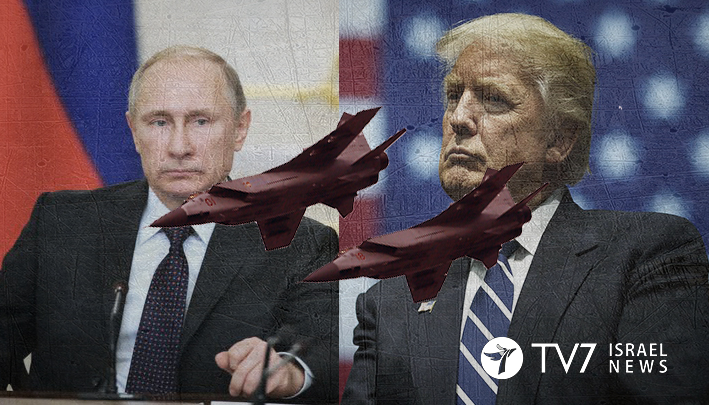The United States is working to restore a “deconfliction” mechanism of communications with Russia, meant to avoid an accidental clash over Syria, after Moscow decided to cut the communications line off in response to a US downing of a Syrian military jet earlier this week.
“An incident occurred. We have to work through the incident. We have a channel to be able to do that and I think it’s going to require some diplomatic and military engagement in the next few hours to restore the de-confliction that we’ve had in place and again the de-confliction that we’ve had in place in our mutual interest because it allows us to address what at least pro-regime forces have indicated is our common enemy ISIS (Islamic State),” said General Joseph Dunford, Chairman of the US Joint Chiefs of Staff.
The US military shot down the Syrian fighter jet, after it bombed local SDF forces backed by the US-led coalition in the fight against Islamic State, an action that appeared to mark a new escalation of the conflict. While the US has said since it began recruiting, training and advising what it calls ‘moderate Syrian opposition forces’ to fight the Islamic State that it would protect them from potential Syrian government retribution, this was the first time it resorted to engaging in air-to-air combat to make good on that promise.
“We made every effort to warn those individuals not to come any closer and then the commander made a judgment that there was a threat that the forces that we were supporting and took action. The only actions that we have taken against pro-regime forces in Syria and there have been two specific incidents have been in self-defense and we’ve communicated that clearly,” added Dunford.
The American move, however, angered Moscow, as Washington did not inform the Russian military before downing the Syrian jet, as part of its agreement of “deconfliction”. During a press conference, Russian Foreign Minister Sergei Lavrov called on the United States and all other powers embroiled in the Syrian conflict, to avoid unilateral actions that could potentially escalate the situation on the ground, while urging them to respect Syria’s sovereignty.
“We call on the U.S. and all the others who have forces or advisers on the ground to ensure our work is coordinated. The zones of de-escalation are one of possible options for joint progress. We call on everybody to avoid unilateral actions, to respect – I stress once again – Syria’s sovereignty and to join our work which is coordinated with the Syrian government,” said Lavrov.
The situation continues to deteriorate as Russia threatened to target aircrafts flown by the US-led coalition, if they would enter the Syrian airspace, West of the Euphrates river. The Russian threat to target American aircraft west of the Euphrates poses complications, particularly because Raqqa, which sits on the river in northern Syria, is well within range of Syrian and Russian air defenses, including the advanced S-400 surface to air missile systems.
